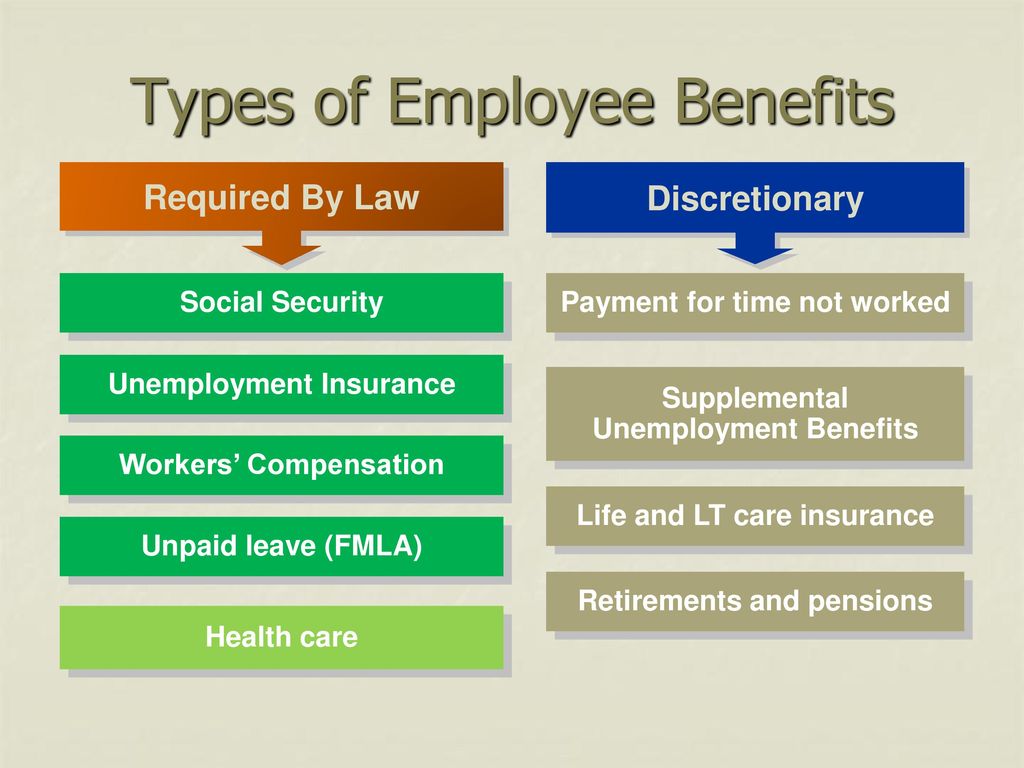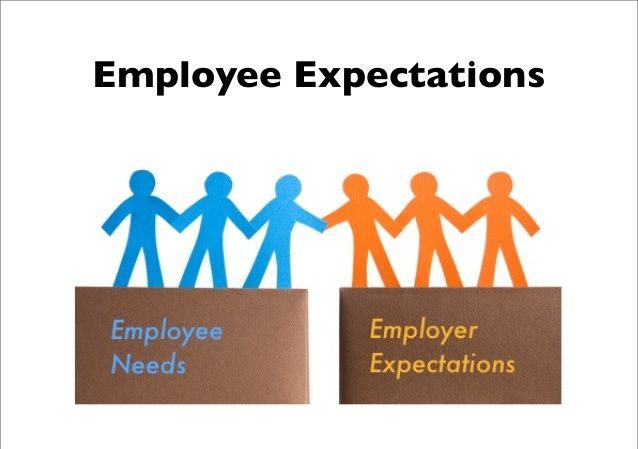The journey of professional advancement is multifaceted, encompassing a variety of roles and environments that can significantly influence one’s trajectory. This realm is rich with possibilities, each offering distinct experiences and learning potential. Engaging in diverse settings fosters not only skill enhancement but also personal fulfillment through unique challenges.
Understanding the landscape of available positions is crucial for individuals eager to elevate their professional stature. By navigating various arenas, one can encounter valuable insights and discover unexpected interests that may shape future aspirations. Furthermore, the right roles can lead to network building and mentorship, essential components in the pursuit of personal and professional aspirations.
Each position carries unique responsibilities and demands, requiring individuals to adapt and enhance their competencies. Embracing the uncertainty of exploring various roles can invigorate one’s career journey, ensuring a dynamic and rewarding path ahead. Ultimately, the commitment to seek out these avenues can pave the way for profound transformation and satisfaction in one’s professional life.
Understanding Freelance Work Dynamics
Freelancing presents a flexible and unique approach to professional life, allowing individuals to craft their own paths while engaging in various projects and collaborations. This mode of working often defies traditional boundaries, enabling talents to connect with clients across the globe and manage their schedules according to personal preferences.

Key aspects that define the dynamics of freelancing include:
- Autonomy: Freelancers enjoy the freedom to choose their projects, dictate their working hours, and determine their work environment.
- Diverse Portfolio: Engaging with multiple clients across various industries helps build a rich and varied body of work.
- Networking: Successful freelancers often develop strong connections within their fields, leading to repeat business and referrals.
- Adaptability: The ability to adjust to changing demands and trends in the market is crucial for sustained success.
To thrive in the freelance landscape, consider the following strategies:
- Skill Development: Continuously enhance and diversify your skill set to remain competitive.
- Brand Building: Establish a personal brand that reflects your unique strengths and professional identity.
- Financial Management: Develop robust financial practices to manage income fluctuations and investment in personal growth.
- Effective Communication: Cultivate strong communication skills to foster positive client relationships and ensure clear expectations.
Understanding the intricacies of freelancing can empower individuals to harness their potential, adapt to challenges, and achieve fulfilling professional lives.
Benefits of Temporary Job Positions
Temporary job roles can serve as a gateway to enhancing professional skills and gaining valuable experiences. Individuals may find these positions to be advantageous for numerous reasons, making them appealing in various stages of their career journey.
- Flexibility: These roles often come with adaptable schedules, allowing individuals to manage work-life balance more effectively.
- Diverse Experience: Engaging in short-term roles enables one to explore various fields and industries, broadening expertise and knowledge.
- Networking: Temporary positions often facilitate connections with professionals in different sectors, potentially leading to future job opportunities.
- Skill Development: Many temporary positions provide on-the-job training, enhancing specific skills that are attractive to future employers.
- Income Support: Short-term roles offer immediate financial relief while searching for permanent positions, ensuring stability during transitional periods.
In summary, temporary assignments can yield substantial benefits, creating pathways to new experiences and potential long-term career advancements.
Exploring Remote Work Opportunities
The modern workforce is witnessing a remarkable shift characterized by the flexibility to perform job responsibilities outside traditional office environments. This paradigm allows individuals to seek roles that suit their personal circumstances while maintaining a balance between professional commitments and personal life. The evolution of technology has created a landscape where geographical barriers are diminished, opening avenues for fulfilling positions that offer autonomy and adaptability.
Remote roles can significantly benefit individuals by providing a customizable workspace and a diverse range of possibilities across various fields. As organizations adapt, the demand for virtual talent continues to increase. Below are key areas where remote positions are thriving:
| Field | Type of Position | Skills Required |
|---|---|---|
| Technology | Software Developer | Programming, Problem-solving |
| Marketing | Digital Marketing Specialist | SEO, Content Creation |
| Customer Service | Remote Support Agent | Communication, Problem Resolution |
| Education | Online Tutor | Teaching, Subject Expertise |
| Writing | Freelance Writer | Writing, Research |
By engaging in remote roles, individuals may enhance their professional journey and align their job with their lifestyle preferences. Such arrangements not only provide flexibility but also encourage a more diverse workforce that can draw from a global talent pool.
Navigating the Gig Economy Landscape
The gig economy represents a transformative shift in the way people approach work, offering diverse arrangements that break away from traditional employment structures. In this dynamic environment, individuals engage in short-term roles or freelance tasks, enabling them to tailor their work experiences according to personal preferences and goals. This flexible model attracts a broad spectrum of talent, from seasoned professionals seeking independence to newcomers eager to make their mark.
Navigating this terrain requires adaptability and a proactive approach. Workers must stay informed about industry demands and emerging niches to remain competitive. Additionally, managing finances, setting boundaries, and ensuring work-life balance become crucial aspects of gig engagement, as the nature of freelance work often blurs the lines between personal and professional time.
Ultimately, thriving in the gig economy hinges on a blend of creativity, resilience, and continuous learning. As workers embrace this new landscape, they can forge unique paths that align with their aspirations and lifestyles, paving the way for greater fulfillment and innovation in their professional journeys.
Advancements in Professional Internships
In recent years, the landscape of internship programs has evolved significantly, catering to the changing needs of both learners and organizations. This evolution reflects a shift towards more structured and meaningful experiences that not only benefit participants but also contribute positively to the companies involved.

Enhanced Learning Experiences
Internships are increasingly designed to provide immersive learning environments. Many organizations now implement mentorship programs, allowing interns to work closely with industry professionals. This hands-on approach fosters skill development and provides a clearer understanding of workplace dynamics.
Integration of Technology
The incorporation of technology has transformed the way internships are structured and delivered. Virtual internships have become prevalent, enabling participants to engage with organizations regardless of geographical barriers. This mode of interaction has expanded the reach of internships and made them accessible to a broader audience.
| Advancement | Description |
|---|---|
| Mentorship Programs | Pairing interns with seasoned professionals to guide their development. |
| Remote Opportunities | Offering virtual internships that allow flexibility and broader access. |
| Skill-Building Workshops | Facilitating workshops to enhance specific competencies critical to industry success. |
Career Growth through Volunteering Experiences
Engaging in altruistic activities can significantly enhance professional development, providing individuals with invaluable skills and networking possibilities. These experiences often lead to personal fulfillment while concurrently fostering essential competencies sought by employers.
Volunteering not only enriches resumes but also offers practical exposure to various fields. Participants can cultivate attributes such as leadership, teamwork, and problem-solving, which are crucial in today’s competitive job market. Moreover, these involvements can serve as a platform for establishing meaningful connections with like-minded professionals.
| Skills Gained | Benefits |
|---|---|
| Leadership | Enhanced ability to manage projects and lead teams. |
| Communication | Improved verbal and written interaction skills. |
| Networking | Increased connections with industry professionals. |
| Adaptability | Stronger capability to adjust to diverse situations. |
| Problem-solving | Refined ability to approach challenges creatively. |
Furthermore, volunteer experiences can provide insights into specific sectors, allowing individuals to discover their passions and align their career aspirations accordingly. This proactive approach enables participants to stand out among competitors when seeking future positions.
Questions and answers: Types of employment
What are the main types of employment opportunities that can contribute to career growth?
There are several types of employment opportunities that can greatly enhance career growth. These include full-time positions, part-time roles, freelance or contract work, internships, and volunteer opportunities. Each of these presents unique advantages. Full-time positions often come with benefits and stable pay, while part-time roles provide flexibility and the chance to pursue other interests. Freelancing allows individuals to work on diverse projects, enhancing their skill set and network. Internships can serve as stepping stones, offering practical experience and connections in a chosen field. Lastly, volunteer work helps to build valuable skills and expand one’s professional network, often leading to job offers or references in the future.
How can networking through different employment types foster career advancement?
Networking is a vital aspect of career advancement, and different employment opportunities provide varied avenues for building professional connections. For instance, a full-time job can offer access to established networks within a company and industry. Part-time roles and internships create opportunities to meet professionals with similar interests, while freelance work often involves collaborating with numerous clients and other freelancers. Volunteering can connect individuals with organizations and professionals who share their values and interests. By maintaining these relationships and staying engaged with industry events or social networks, individuals can uncover job prospects, receive mentorship, and gain insights into emerging trends that can benefit their career trajectory.
What are some strategies to maximize the benefits of different employment opportunities for professional development?
To maximize the benefits of varied employment opportunities, individuals should focus on a few key strategies. First, setting clear career goals can help direct efforts and engagements in meaningful ways. Next, consistently updating and refining skills through online courses, certifications, or workshops can make a candidate more competitive. It’s also crucial to seek feedback from supervisors or peers in different roles, as this can highlight areas for improvement and growth. Moreover, being proactive in taking on new projects or responsibilities can demonstrate initiative and willingness to learn. Lastly, engaging with professional associations related to one’s field can provide additional resources for development and networking.
What impact do temporary jobs have on long-term career prospects?
Temporary jobs can have a significant impact on long-term career prospects, despite often being perceived as less stable than permanent roles. These positions allow individuals to gain valuable experience, build their résumé, and hone specific skills relevant to their desired career path. They also offer insights into different industries and job functions, helping individuals clarify their career interests. Additionally, temporary positions can lead to full-time opportunities, as companies often favor hiring individuals who have already proven their capabilities. Networking opportunities during these roles can also lead to future references or job leads. Ultimately, temporary jobs serve as a flexible means to enrich one’s career portfolio while exploring various options.
What is the difference between a full-time employment and part-time employment?
Full-time employment typically involves working around 40 hours per week, while part-time employment generally involves fewer hours per week, usually less than 30 hours. Both full-time and part-time employees are entitled to certain benefits and employment rights, but part-time employees often receive fewer benefits than full-time employees, depending on the terms and conditions of employment.
How does an independent contractor differ from an employment contract?
An independent contractor works on a self-employed basis and is usually hired for a specific project or task, while an employment contract creates a formal employment relationship between the employer and employee. Independent contractors are not entitled to the same benefits or job security as permanent employees and often have more flexible work arrangements, but they are responsible for their own taxes and benefits.
What are the key features of a fixed-term employment contract?
A fixed-term employment contract has a clear start and end date and is typically used for temporary roles or specific projects. Employees on a fixed-term contract are usually entitled to the same employment rights as permanent employees, depending on the duration of employment and the type of work involved. Once the contract ends, the employment relationship typically terminates unless renewed.
What benefits can casual employees expect compared to full-time or part-time employees?
Casual employees typically have flexible work arrangements and may not work a set number of hours per week. As a result, they often do not receive the same benefits as full-time employees, such as paid time off or health insurance. However, they may be entitled to a higher hourly wage to compensate for the lack of job security and benefits.
What is the role of employment law in protecting temporary employees?
Employment law ensures that temporary employees, such as those hired for seasonal or fixed-term work, are protected under the same basic employment rights as other workers. This includes entitlement to minimum wage, fair working conditions, and certain benefits depending on the type of contract. The law also regulates the terms and conditions of employment to prevent exploitation, even if the employment is temporary.








